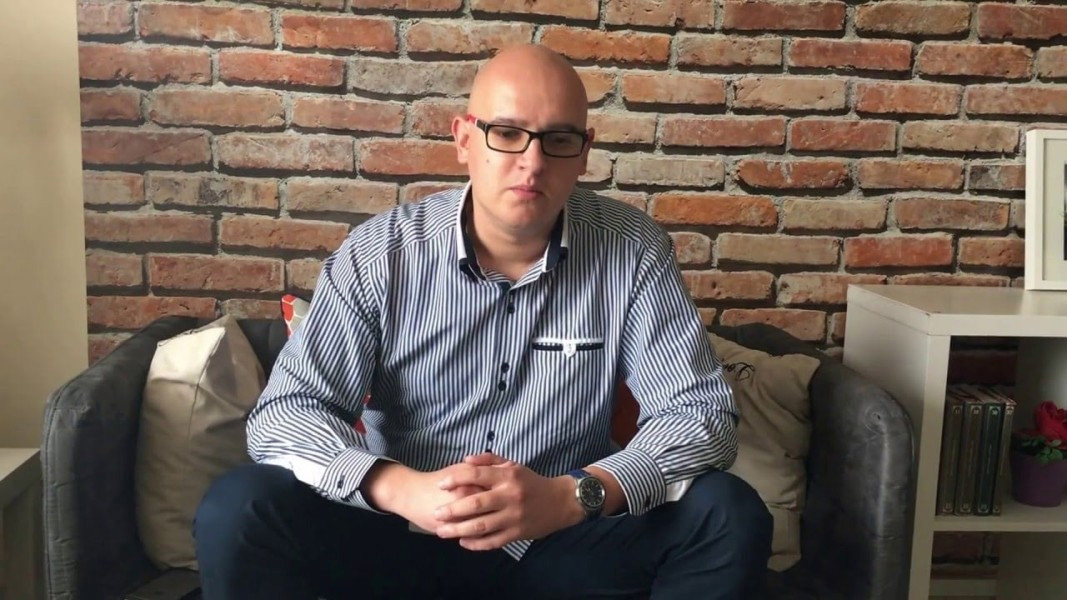The Covid-19 pandemic seems to be receding in Bulgaria and people have started going back to the offices. But does that spell the end of the home office? Very doubtful, experts say. “Quite the opposite, a hybrid work model is being considered with employees working from the office some of the time, and the rest from home,” says Todor Kapitanov, an expert in labour law at the Confederation of Independent Trade Unions in Bulgaria (CITUB). Some leading IT and international companies in Bulgaria even announced, after seeing the results, that they are not planning a return to the office up until the end of 2022. The reason – the better quality of work but also so as to cut down on expenses.

“Teleworking is a right employers are going to avail themselves of more and more often. It is a stage society has reached, and not just in this country. Time is growing more and more valuable to us all, that is why the aim is to use the time wasted on commuting for working more rationally,” Todor Kapitanov explains. “Remote working will be on the agenda for a long time, with people able to choose how many days of the week to work at the office and how many from home. There are many examples in this country of companies which were able to organize training for their workers and employees so they can cope remotely. They developed their own remote work policies which were reflected in the labour contracts at the companies where there are trade union organizations. That will serve as a good basis for altering the existing legislation.”
In Bulgaria the legal framework regarding remote work has been in existence since 2011 though it needs to be updated so as to catch up with the scale of the spread of teleworking. For the time being there are insufficient data regarding how many employers in Bulgaria, and in which sectors, have offered their employees remote work. But a Eurostat survey from the beginning of the year shows that Bulgaria is in last position out of all EU countries in the number of people who worked remotely – 1.2%. A fact that proves that employers in this country tend to subscribe to the idea that what makes work productive is if it is done in a designated space, together with all other employees. “Practice in the past year has proved the opposite – the quality of the work done by the people who worked remotely was just as good, in many cases the results were better, which means that employers’ apprehensions have proved unfounded,” Todor Kapitanov says. Besides saving time, teleworking also leads to certain costs for the employees. That is why the CITUB is proposing additional financial incentives for the people who have to work from home to compensate for the domestic costs they have incurred.
“It is difficult to organize your work space at home, especially in a student dormitory, and there are many working students,” Todor Kapitanov says. “The same is true of parents who have to combine raising the kids with working from home, all from the same room. Still, workers in Bulgaria managed to organize their work from home, and proved successful teleworking is possible. These are some of the reasons why working time organization and the right to disconnect have become so important. Combining family obligations with work affects the health of employees and is mentally straining. It is these elements that must be included in the law, not to mention the mandatory 12-hour pause between one work day and the next. In Bulgaria that was mostly left to the discretion of the the workers themselves, and, expectedly, affected their physical and mental health.”
Photos: BNR-Plovdiv, library
For the fifth consecutive year, the Sketches of Sofia initiative have delighted Sofia's residents with gifts placed at the city's statues . Every year, photographer Ivan Shishiev and his wife buy books for Sofia residents, wrap them up and place them at..
The 22nd edition of the "Bulgarian Christmas" charity performance will take place tonight at the Ivan Vazov National Theatre. The initiative is held under the auspices of Bulgaria’s Head of State. The theme of the campaign is "Giving Hope to a Child in..
Dear friends, We at Radio Bulgaria send you our warmest wishes for a Merry Christmas! May your hearts overflow with joy, your homes be filled with love, and your days be bright with laughter. Wherever you are in the world, we hope that you..
Dear friends, We at Radio Bulgaria send you our warmest wishes for a Merry Christmas! May your hearts overflow with joy, your homes be filled..
The 22nd edition of the "Bulgarian Christmas" charity performance will take place tonight at the Ivan Vazov National Theatre. The initiative is held..
For the fifth consecutive year, the Sketches of Sofia initiative have delighted Sofia's residents with gifts placed at the city's statues . Every year,..

+359 2 9336 661
